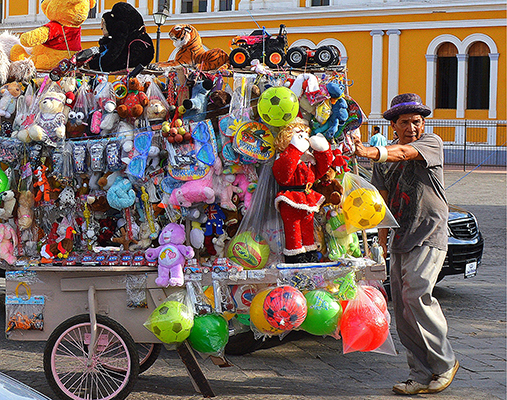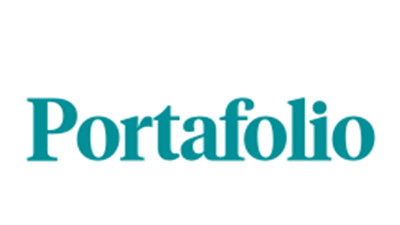About the project
In much of the world, small and medium-sized enterprises (SMEs) are the primary providers of employment and livelihoods. This is particularly true for large cities in developing countries – places that will host an increasing share of the world’s population. However, many of these same cities also suffer through significant violence and insecurity.
Like citizens, SMEs are often victims of violence and crime, such as extortion and robbery. Or, they may engage in violent activities themselves, for example by collaborating with gangs or laundering illicit money. More inspirationally, SMEs can also help provide more peaceful and prosperous urban communities.
UrbanSME researches how SMEs can support sustainable livelihoods and contribute to safer and more secure cities. It compares their strategies in seven cities hosting different forms of violence: Caracas, Cape Town, Bogota, Kampala, Medellin, Beirut and San Salvador. Through surveys and grounded qualitative fieldwork we seek to learn: What characterizes SMEs that survive and thrive in violent cities? Is it the SMEs that contribute to more peaceful communities that also are able to survive and grow? Or is collaboration with violent actors a better survival strategy? Does their unique exposure to shocks like the COVID-19 pandemic make them more or less likely to engage with violent actors? And what lessons can we draw about contributions by SMEs to reduce violence across our cases?
Our main objective is to unlock the key factors that explain how and why SMEs contribute to development and how this may support or undermine security in violent urban areas. These insights will support progress towards the Sustainable Development Goals (SDGs), especially related to SDG 8 (decent work and economic growth), SDG 11 (sustainable cities and communities) and SDG 16 (peace, justice and strong institutions).
Objectives
Our primary objective is to identify and understand the conditions and survival strategies of SMEs in violent urban spaces that enable them to grow and support inclusive development and peaceful urban environments. To do so, we: (i) refine key questions based on local contexts; (ii) uncover generalizable factors across cities; (iii) identify the mechanisms that explain these relationships; (iv) determine how these support or undermine development and peacebuilding; and (v) contextualize their policy implications.
Our secondary objectives are to:
1) Develop a comparative framework to understand SME growth and their impacts on development and peacebuilding in urban spaces.
2) Map and understand SME strategies, capacities and relationships and how these can support generation of jobs, peaceful relations and the rule of law, particularly after shock crisis events including but not limited to the COVID-19 pandemic.
3) Identify actionable areas for policy intervention that empower SMEs to grow and support sustainable development as defined by the SDGs.
Outcomes
Our scientific outcomes are:
1) Linking theoretical approaches on SMEs and sustainable development from business, urban geography, conflict studies, and development studies.
2) Developing comparative empirical knowledge on the conditions under which SMEs either support or undermine peace and stability.
3) Delivering an evidence-based empirical understanding of the conditions underlying SME contributions to SDGs 8, 11 and 16 in fragile cities.
Our societal outcomes are:
1) Guiding businesses in how to best work with SMEs in fragile and conflict-affected societies and through crisis / shock events.
2) Help local governments and donors to improve their SME policies in contexts of violence, crisis and fragility.
3) Through local stakeholders and SMEs to identify and unite around community-positive collective action.
Our scientific and societal outcomes will collectively contribute to our desired impact: more peaceful, gainfully-employed and inclusive urban communities in Global South cities.
Background
Time frame: 4 years, from July 2020 through June 2024
Participating departments at UiO: Centre for Development and the Environment (SUM)
Theoretical basis / home fields: Development Studies, International Relations, Urban Studies, Business and Management, and Peace and Conflict Studies.
Methods: Mixed methods, including primary method of grounded qualitative case fieldwork, along with secondary quantitative empirical analysis of survey data in addition to theory building.
Work Packages: All Work Packages will be collaborative efforts by the project team, with small overlaps between Work Packages for synthesis benefits.
Work Package 1: SME Survival in Violence and Crisis: July 2020 – December 2021
Work Package 2: SMEs as Drivers of Development?: July 2021 – June 2022
Work Package 3: SMEs as Urban Peacebuilders?: April 2022 – March 2023
Work Package 4: Synthesis and Presentation of Findings: January 2023- June 2024
Financing
12,000,000 NOK, funded by the Research Council of Norway.


